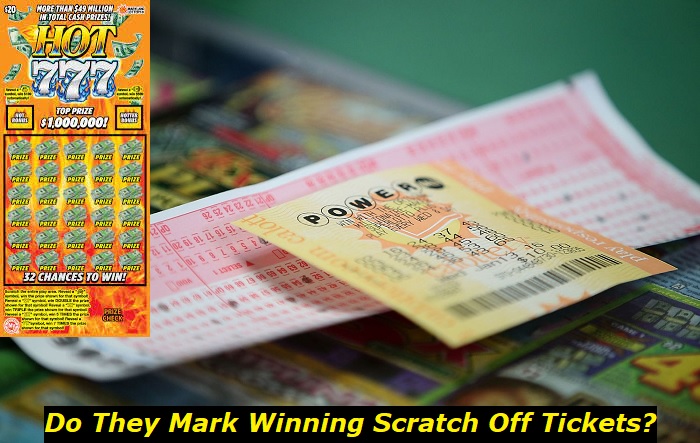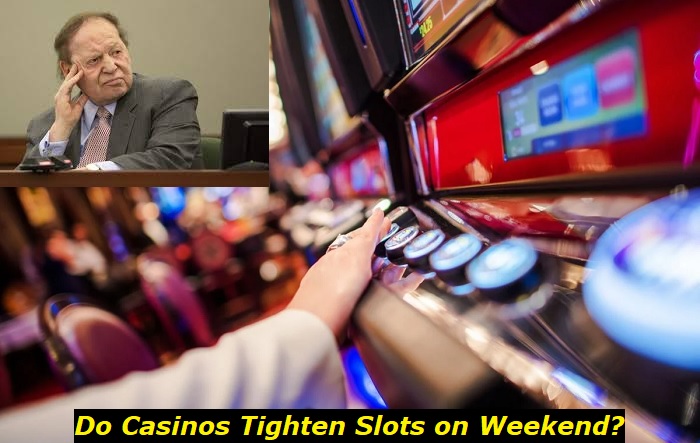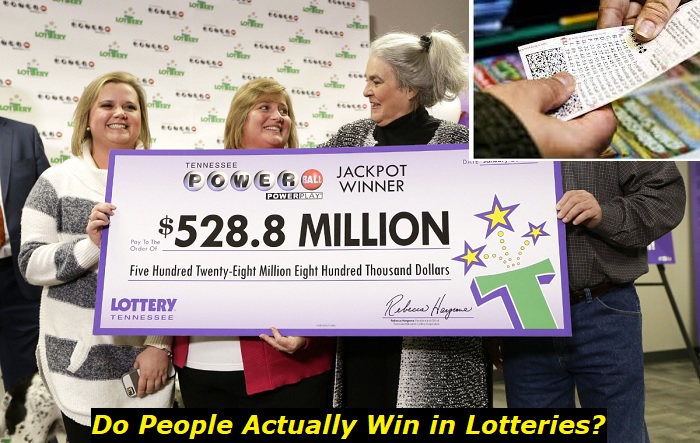Today, we’re diving into a fascinating aspect of this realm: the strange, inexplicable feelings people describe experiencing just before they win a lottery. It’s a topic shrouded in mystery and excitement, often narrated with a tinge of wonder by those who’ve felt it.
As we embark on this intriguing journey, it’s crucial to remember that gambling, in all its forms, is a dance with chance. While the stories we’re about to explore are captivating and full of emotion, they’re part of an experience where risk is inherent and certainty a stranger. Lottery wins, big or small, happen in a world governed by odds and probabilities, not premonitions or feelings.

So, sit back, maybe with your favorite cup of coffee in hand, and let’s delve into these extraordinary tales. We’ll hear from individuals who’ve felt that ‘weird’ sensation and try to understand what it might mean, all while keeping our feet firmly planted in the reality that gambling should always be approached responsibly and with care.
The Anticipation of a Lottery Win
There’s something almost magical about the moments leading up to a lottery draw. It’s a time filled with a complex cocktail of emotions that flutter and swirl in the hearts of hopeful participants. This anticipation is a universal feeling, shared by casual players and regular enthusiasts alike. It’s the brief moment where everyone dares to dream, allowing their minds to wander into the realm of ‘what if.’
Imagine the scene: the lottery ticket is in hand, the numbers are about to be drawn, and there’s a hush of expectation. In these moments, the mundane realities of everyday life seem to fade into the background, replaced by a vivid canvas of possibilities. Could this be the day when life takes a dramatic, fortuitous turn? The very thought sends a shiver of excitement down the spine.
This anticipation is not just about the potential financial windfall. It’s a deeper, more profound longing for a stroke of luck, a desire for a moment of serendipity that says, “Yes, the universe can sometimes tilt in your favor.” It’s a feeling that is as much about the thrill of possibility as it is about the potential prize.
However, amidst this dreamy anticipation, it’s essential to keep a gentle grip on reality. The chances of winning are slim, and this is a fact that seasoned players know all too well. They understand that the joy of the lottery lies not just in winning but in the journey of hope and anticipation. It’s a reminder that life can be unexpectedly generous, but also that one should not hinge their happiness or future plans on the unpredictability of a lottery draw.
So, as we explore these feelings of anticipation, let’s savor them for what they are – a delightful part of the human experience, rich with hope and imagination. After all, it’s these very feelings that make the lottery such an enduring and captivating form of entertainment.
Personal Accounts of Pre-Winning Sensations
The stories of pre-winning sensations in lotteries are as diverse and colorful as the people who tell them. These accounts, often shared with a mix of disbelief and awe, provide a fascinating glimpse into the human psyche and the power of intuition.
Take, for instance, Sarah, a school teacher from Oregon, who recalls feeling an unusual sense of calm the day she won a small but significant amount in the state lottery. “It was strange,” she says. “All day, I had this serene feeling, like something good was about to happen. When I saw my numbers come up, I was shocked but somehow not surprised. It’s hard to explain.”
Then there’s Michael, a retired mechanic from Florida, who experienced a vivid dream the night before his win. “In my dream, I saw these bright, glowing numbers floating in the sky,” he recounts. “The next day, those were the exact numbers that won me the lottery. It felt surreal, like a premonition.”
These stories, while intriguing, are not uncommon. Many lottery winners speak of a ‘gut feeling’ or a sudden, unexplained confidence on the day of their win. Some recall feeling unusually anxious or excited without any apparent reason, only to find out later that their lottery ticket had hit the jackpot.
However, it’s important to remember that these experiences, while fascinating, do not represent a universal or reliable indicator of an impending win. For every winner who reports a premonition, there are countless others who experienced similar feelings but did not win. These sensations are likely the result of a complex interplay of hope, expectation, and the natural human tendency to find meaning in coincidences.
Psychologists suggest that such feelings may be a form of selective memory, where individuals remember the times their intuitions were correct and forget the many more times when they were not. It’s a reminder that while these stories are compelling, they are anecdotes rather than evidence of a predictable pattern.
In the end, these personal accounts add to the mystique and allure of the lottery. They remind us of the endless capacity of the human mind to hope, dream, and occasionally, experience moments of inexplicable intuition. But as we revel in these stories, we must also tread with a sense of realism, acknowledging the role of chance and luck in the world of lotteries.
The Psychology Behind the Feeling
Understanding the psychology behind the feeling of anticipation or intuition before a lottery win can be as intriguing as the stories themselves. Here’s a look at some psychological concepts that might shed light on these experiences:
- The Power of Hope and Optimism: People often buy lottery tickets fueled by hope and optimism. This positive outlook can create a heightened sense of anticipation and a belief in good fortune, influencing how they perceive their chances of winning.
- Selective Memory and Confirmation Bias: Humans have a tendency to remember events that confirm their beliefs and forget those that don’t. This means that if someone believes in premonitions, they are more likely to remember the times they ‘predicted’ something correctly and forget the times they did not.
- The Desire for Control: In uncertain situations like lotteries, people often seek a sense of control. Believing in pre-win feelings or superstitions can provide a sense of influence over an entirely random outcome.
- Pattern Recognition: Humans are hardwired to recognize patterns. This can lead to the belief that certain feelings or events (like dreams or hunches) are significant predictors of future events, even in situations as random as a lottery draw.
- Cognitive Dissonance: This occurs when a person holds two conflicting beliefs or ideas. In the context of lotteries, a player might know the odds are against them but still feel a strong belief that they will win. This dissonance can create a unique tension and anticipation.
- The Role of Stress and Excitement: The act of participating in a lottery can be both stressful and exciting. This mix of emotions can heighten one’s senses and lead to a heightened awareness of thoughts and feelings, which might be interpreted as premonitions or special insights.
Each of these psychological factors plays a role in shaping the lottery experience. They contribute to the rich tapestry of emotions and beliefs that surround the anticipation of a win. While fascinating, it’s essential to approach these feelings with a blend of curiosity and skepticism, recognizing that they are more reflective of our hopes and cognitive biases than any real predictive power.
The Reality of Gambling Odds
As we delve deeper into the enchanting tales of lottery wins and the accompanying premonition-like feelings, it becomes crucial to ground ourselves in the stark reality of gambling odds. These odds, often dauntingly low, form the cornerstone of understanding the nature of lotteries and gambling at large.
Winning a major lottery is an event of statistical improbability. In numerous lotteries, the likelihood of hitting the jackpot hovers around the realm of 1 in several million. This level of rarity is not just slim; it borders on the astronomical. The essence of lottery draws lies in their randomness and chance; every number drawn is the result of a random process, devoid of predictability or influence from past events.
There’s a common misunderstanding of these odds, largely due to the publicized nature of lottery wins. Big wins grab headlines and draw attention, overshadowing the reality that the majority of lottery tickets do not yield significant returns. This creates an illusion of increased chances of winning, skewing public perception.
For regular lottery participants, it’s important to consider the cumulative cost of this pastime. The expenditure on lottery tickets over time can accumulate, often outweighing the value of any prizes. This aspect of lotteries is seldom highlighted but is an essential factor in responsible gambling.
To put these odds into perspective, comparing them with other life events can be eye-opening. The probability of experiencing rare life events, like getting struck by lightning or even embarking on a career as a movie star, is often higher than clinching a major lottery win.
Lotteries, like all gambling forms, come with a built-in house edge. This ensures that, over time, the house, or the lottery in this case, will make more from players than it pays out in winnings. This is a fundamental principle that underlies the operation of lotteries, funding their prize pools and administrative costs.
Conclusion: A Balanced View of Lottery and Gambling
As we conclude our exploration of the curious feelings preceding a lottery win and the realities of gambling odds, it’s important to strike a balanced view. The stories of pre-win sensations, while fascinating and often full of wonder, should be seen as unique personal experiences rather than indicators of imminent fortune. They are part of the rich tapestry that makes gambling and lotteries an intriguing aspect of human behavior and psychology.
At the heart of it, gambling should be approached as a form of entertainment, with moderation and understanding. The thrill of playing, the excitement of anticipation, and even the intrigue of those rare premonition-like feelings are what make the experience captivating. However, these should be balanced with a realistic understanding of the odds and a commitment to responsible gambling.




